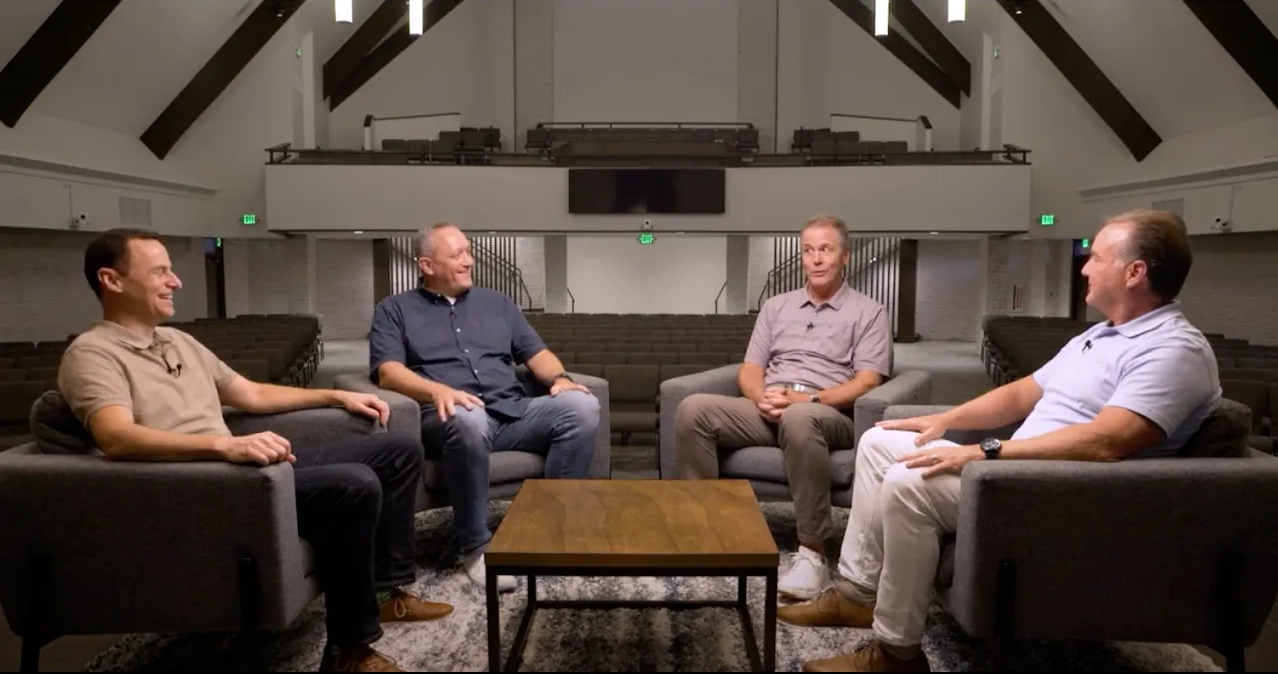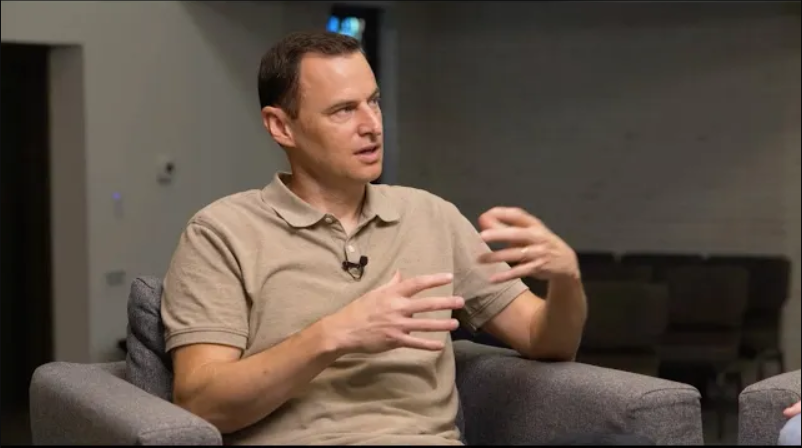I spend most of my workday talking to pastors. I have conversations with long-tenured pastors of well-established churches, and I have conversations with young, ambitious pastors who are three months into planting their first church. And of course, I work with pastors all along the scale between these two extremes. It's a great job, and one of the perks is getting to hear which concerns are common to most pastors regardless of their life stage or church size.
In these conversations, one concern seems to rise above them all: reaching new people.
Now, to be clear, this is a fine question. We should be concerned with reaching new people. After all, making new disciples is the very center of the church's mission. In my personal experience, it is also the center of many pastor's concerns for his church.
Ironically, it makes little difference which particular ministry philosophies a pastor follows. I sit across the table from sons of the church growth movement, fixed squarely in an attractional model, and trendy start-up pastors in the missional engagement camp. Both look across the table and ask the question: what can we do to reach more people?
In response to this question, I've learned to ask one in return: what are you doing with the people you've already got?
Shepherd as Steward
Being a shepherd means being a steward. One of the most consistent New Testament images of pastoral ministry is that of the shepherd. It sounds too simple to mention, but shepherds watch over their sheep. Good shepherds take care of their sheep; they know their sheep, and their sheep know them. Furthermore, shepherding is a stewardship. A shepherd is entrusted with the master's sheep. They are not his sheep, they belong to the master. It is the shepherd's responsibility to steward these sheep.
“Why should the master give us more sheep if we do not steward well the flock we have?”
In his excellent book, The Shepherd Leader, Timothy Witmer claims the role of the pastor is to know, lead, feed, and protect his sheep. Paul, in his letter to the Ephesians, reminds his readers that God gives pastors (and other leaders) in order to equip the saints for the work of the ministry. The pastor's purpose, rightly understood, is to build up the members of his congregation to spiritual maturity. Clearly, being a shepherd means being a steward of the flock God has entrusted to you.
Steward the Flock You Have
Pastor, steward well the flock you already have. I'm reminded here of the parable of the talents. To those who stewarded well their talents, the master provided more. Of course, that is not a church growth promise, but it is an exhortation to steward well what the master has already entrusted.
It is far too easy to let a good desire to see new disciples turn into an obsession with seeing new visitors in Sunday services. That obsession, left unchecked and unbalanced, can cause us to overlook the flock we have as we scan the horizon for someone new. Why should the master give us more sheep if we do not steward well the flock we have?
Equip the Saints
An interesting thing happens when pastors set their first and best attention on Paul's purpose for them as outlined in Ephesians. When pastors equip the saints for the work of the ministry, they effectively multiply ministers. That's not rocket science, and I would be surprised if it is the first time you've heard it. However, it is worth repeating, because I think that simple truth resolves so much of the tension between member care and always trying to reach new people.
“When pastors equip the saints for the work of the ministry, they effectively multiply ministers.”
A lot of things pass as "member care" these days in churches, but biblical member care isn't merely meeting the felt needs of your attenders. Biblical member care is the hard, intentional work of building people up into fully-formed disciples, not doing whatever you think makes them like coming to your church instead of another one. This is less about a coffee bar in the lobby or clear signage toward the childcare and more about instilling a love of Christ and a passion for his glory and the work of his mission. In essence, it's equipping them to do the work of the ministry. After all fully-formed disciples are, by nature, disciple-makers. Mature disciples beget new disciples.
Shepherding is a kind of stewardship. When I'm asked that inevitable question about reaching new people, I often wonder if the best answer is to make sure you are shepherding well the flock you've already been entrusted.
Keelan Cook is the Associate Director of the Center for Great Commission Studies at Southeastern Baptist Theological Seminary and former Associate Director of UBA. His primary areas of ministry focus include urban missiology, church planting, church revitalization, and unreached people groups.











